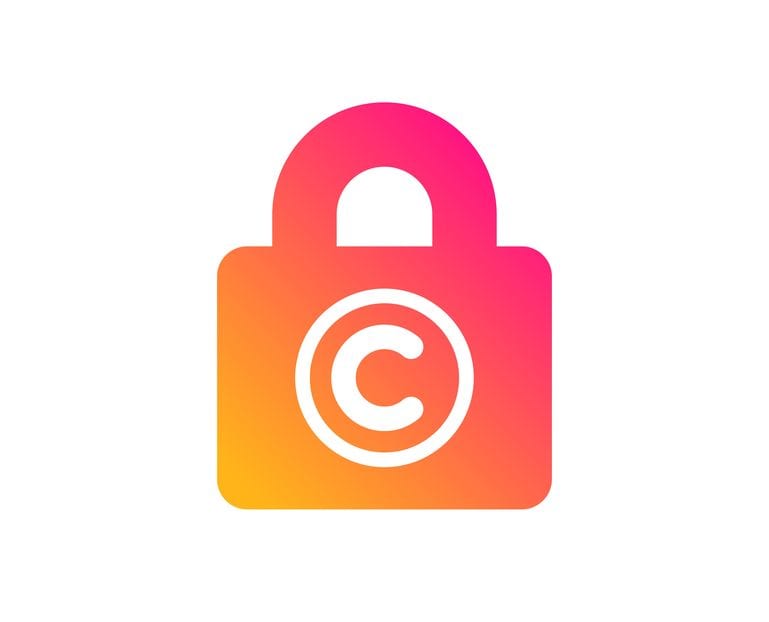Mallory King - October 4, 2019 - Copyright Law, Digital Millennium Copyright Act Notice, Internet Law, Website Agreement Tips

Copyright Policies contain terms iterating the procedure for which users of a website should follow in the event they need to report copyright infringement on that particular website. These policies typically stem from the Digital Millennium Copyright Act (“DMCA”), which creates a Safe Harbor that limits a website owner’s liability for the upload of copyright infringing User Generated Content. The DMCA only provides this Safe Harbor if the website owner designates a DMCA Agent and follows a specific protocol after receiving a DMCA Takedown Notice.
Regardless of whether a website has User Generated Content on it or not, there is the chance that copyright infringing content could accidentally be incorporated onto your website by yourself and/or your web designer without your knowledge. In that circumstance, copyright owners are still going to want a clear explanation of the process they should follow when submitting a takedown notice. Instead of forcing users to fish around your website for contact information, it is best practice to create Copyright Policy so that users can easily report infringement when its occurring. Most of the time, copyright owners are satisfied with removal of infringing works from a website, so articulating a clear Copyright Policy can expedite resolution and ultimately help reduce your chance of being sued.
If you are developing a website – or currently own and operate one – you should absolutely incorporate a Copyright Policy into your website agreements and legal policies. Many websites – such as Google and Twitter – create forms to compliment their Copyright Policy that users can easily fill out to report infringement. Altogether, developing a Copyright Policy (and potentially a form to go along therewith) can spare you from headache, embarrassment, and liability in the future.